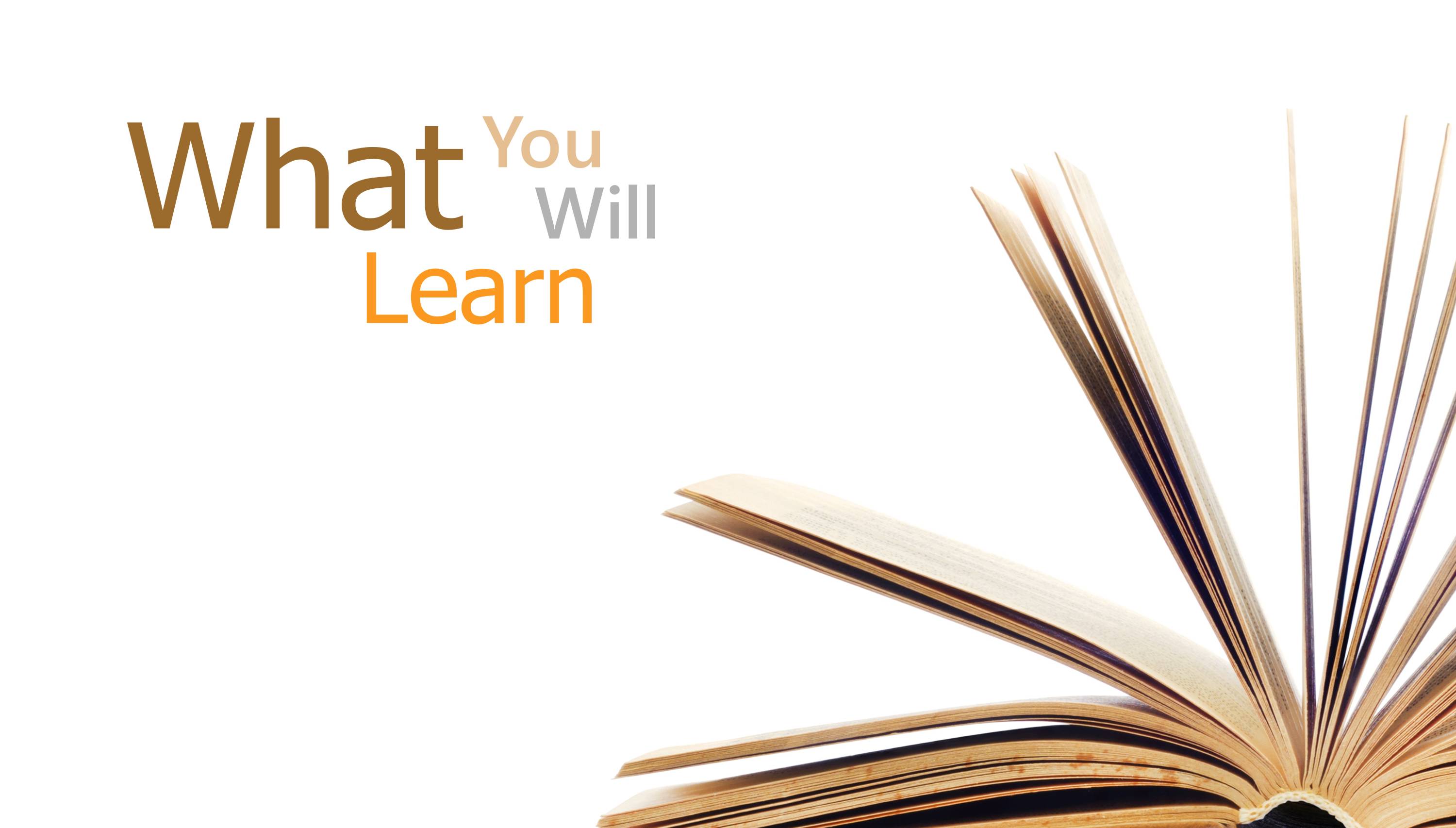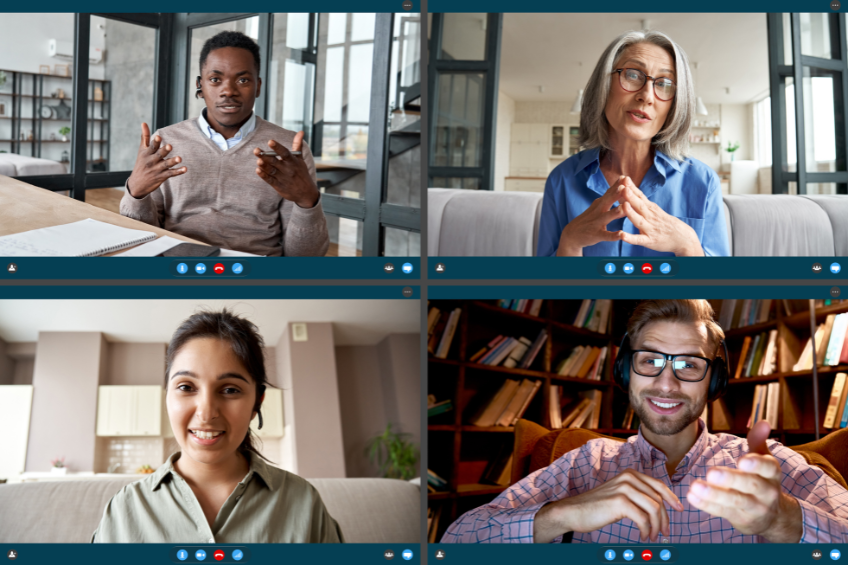
Empathic Listening
Conversations move fast, and it’s easy to focus on what to say next instead of truly listening. When we don’t listen with intention, misunderstandings grow, essential details are missed, and conversations feel incomplete. Strong listening skills build clarity and trust —but listening well takes intention and practice.
In the workplace, poor listening causes miscommunication and weakens relationships. Teams that don’t listen well miss key information struggle to collaborate and are more likely to face conflict. These challenges affect internal communication and how we engage with clients and partners. Listening is also how we show care and empathy. When we don’t fully understand needs or concerns, trust declines, and opportunities are lost. Organizations thrive when employees can absorb information, respond with care, and engage in thoughtful dialogue.
Improving your listening takes intention and practice. This workshop offers a structured way to build those skills. Through reflection, real-world exercises, and feedback, you’ll recognize your listening habits, improve your ability to retain information and overcome common barriers. You’ll also learn to read non-verbal cues and respond in ways that show understanding and empathy. With tools you can use right away, you’ll be better equipped to reduce misunderstandings and build stronger relationships at work.
By the end of this session, you will approach conversations with more confidence and clarity. You will be able to ask better questions, listen more fully, and contribute to a more connected and respectful workplace.

- Assess your listening strengths and habits to improve self-awareness.
- Recognize how empathic listening builds trust and improves communication.
- Apply active listening techniques to engage in conversations and deepen understanding.
- Recognize and overcome common barriers to effective listening.
- Focus more fully in conversations and better understand different perspectives.
- Interpret and respond to non-verbal cues.
- Use paraphrasing to confirm understanding and demonstrate active listening.
- Ask straightforward, effective questions to enhance communication.

This session is for professionals who want to strengthen communication by becoming more present and attentive listeners. Whether leading a team, working with clients, or collaborating across roles, you’ll gain tools to reduce misunderstandings and build stronger connections.
You should attend if you
- Often find yourself thinking about what to say next instead of fully listening in conversations
- Struggle to remember key details or feel unclear after meetings or discussions
- Want to respond with more empathy and insight in professional conversations
- Lead conversations where listening well is essential to trust and cooperation
- Are looking for practical ways to improve focus, reduce conflict, and strengthen relationships
By the end of this session, you will be better equipped to listen with focus and empathy. You will also have practical strategies to reduce miscommunication, strengthen trust, and support more thoughtful workplace conversations.

This interactive session combines guided reflection, discussion, and practice to help you become a more attentive and responsive listener. You'll engage in exercises that increase your awareness of how you listen, respond, and connect with others. Scenarios and peer feedback provide opportunities to refine your listening habits and apply strategies in supportive, real-world contexts.
You’ll also take away a practical workbook with tools, examples, and checklists to use back on the job.
Workshop activities include
- Practising reflective listening techniques
- Identifying barriers to listening and building awareness
- Exploring emotional triggers and response patterns
- Participating in peer dialogue and small group exercises
- Working through real-life listening scenarios
- Creating a personal action plan to strengthen listening habits


